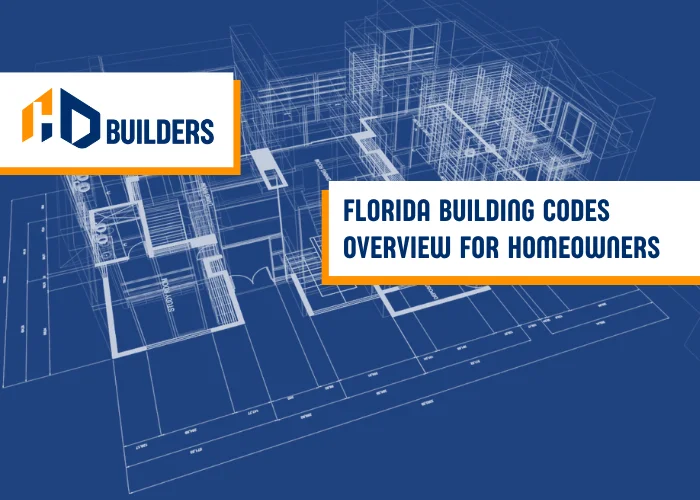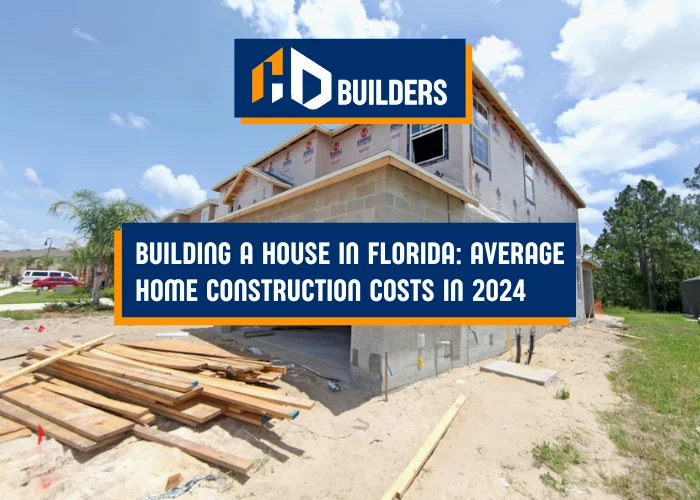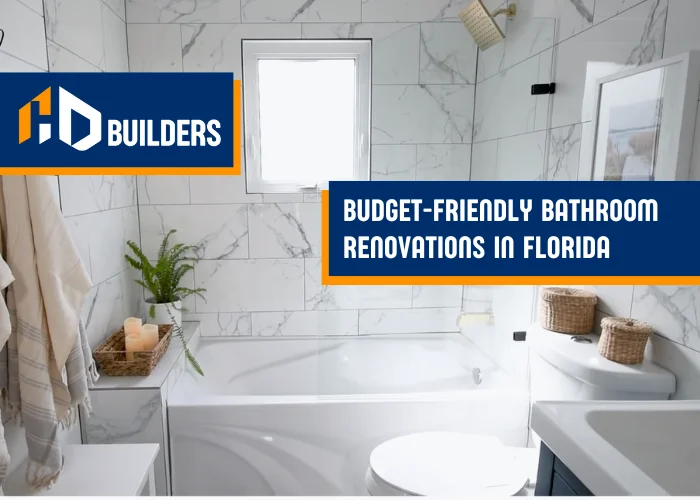Owning a home in Florida is a dream for many, but navigating the Sunshine State’s building codes can feel like wading through murky waters. These regulations, established by the Florida Building Commission (FBC), ensure the safety, structural integrity, and energy efficiency of all buildings within the state. Whether you’re embarking on a new construction project, a renovation, or simply want to understand the rules surrounding maintenance, familiarizing yourself with Florida’s building codes is crucial.
Table of Contents
- Understanding the Importance of Florida Building Codes
- Key Considerations of Florida Building Codes for Homeowners
- Hurricane Protection
- Flood Zone Regulations
- Energy Efficiency Standards
- Permitting and Inspections
- Common Renovation and Addition Projects Under Florida’s Building Codes
- Resources for Further Exploration
Understanding the Importance of Florida Building Codes
Florida’s unique geography presents distinct challenges for construction. From the constant threat of hurricanes to the ever-present risk of flooding, the state’s building codes are meticulously crafted to safeguard both residents and property. Here’s how these regulations benefit homeowners:
- Enhanced Safety: Florida building codes prioritize structural integrity, ensuring your home can withstand strong winds, heavy rain, and even earthquakes (though less common). Fire safety regulations also play a vital role in minimizing potential hazards.
- Durability and Longevity: By adhering to specific construction materials and techniques, Florida’s building codes promote the long-term resilience of your home. This translates to lower maintenance costs and a higher resale value.
- Energy Efficiency: Florida’s building codes incorporate energy-saving measures like insulation standards and efficient window requirements. This translates to lower utility bills and a reduced environmental footprint.
Key Considerations of Florida Building Codes for Homeowners
As a homeowner in Florida, here are some of the key aspects of the building codes you should be aware of:
- Hurricane Protection: Given Florida’s vulnerability to hurricanes, the building code mandates specific wind load requirements for roofs, windows, and overall structural integrity. This includes using hurricane straps, impact-resistant windows, and properly secured roofing materials.
- Flood Zone Regulations: If your property resides in a flood zone, additional regulations come into play. These may include elevating your home on pilings, using flood-resistant materials, and installing flood vents to allow water to flow through the structure during a flood event.
- Energy Efficiency Standards: Florida’s building codes promote energy-efficient construction practices. This might involve using insulated windows and doors, installing efficient air conditioning and heating systems, and ensuring proper insulation throughout the home.
- Permitting and Inspections: Before embarking on any significant renovation or construction project, obtaining the necessary permits from your local building department is mandatory. These permits ensure your project adheres to the building code and undergoes inspections throughout the process.
Common Renovation and Addition Projects Under Florida’s Building Codes
Many everyday home improvement projects fall under the purview of Florida’s building codes. Here are a few examples:
- Roof Replacement: Replacing your roof requires a permit and adherence to specific wind resistance standards.
- Adding a Deck or Patio: The size, materials, and structural support of your deck or patio must comply with the building code.
- Kitchen and Bathroom Remodeling: Extensive renovations might require permits and inspections to ensure plumbing and electrical work adhere to safety regulations.
- Window Replacement: Replacing windows with new, energy-efficient models may necessitate a permit, especially if the window size or location changes.
- Building a Pool: Installing a swimming pool requires permits, inspections, and adherence to specific fencing and safety regulations.
Resources for Further Exploration
Understanding Florida’s building codes doesn’t have to be overwhelming. Here are some resources to help you navigate the regulations:
- Florida Building Commission (FBC): https://floridabuilding.org/ – The official website of the FBC provides access to the complete building code, frequently asked questions, and educational resources.
- Local Building Department: Your local building department can answer specific questions about permitting procedures and local code variations.
- Licensed Contractors: Always hire licensed and insured contractors who are familiar with Florida’s building codes. They can guide you through the permitting process and ensure your project complies with all regulations.
Conclusion
Florida’s building codes might seem complex at first glance, but they ultimately serve to protect your home and your family. By familiarizing yourself with the key considerations and utilizing available resources, you can ensure your home improvement projects are safe, sustainable, and compliant with the regulations. Remember, a little planning goes a long way in safeguarding your investment and creating a comfortable, long-lasting home in the Sunshine State.
While Florida building codes encourage obtaining permits for most projects, there are some minor exceptions. These typically involve small-scale projects with minimal structural changes. Always check with your local building department to confirm if a permit is necessary for your specific project.
Absolutely! Many insurance companies in Florida offer discounts on homeowners insurance for properties with hurricane-resistant windows. The potential savings on your insurance premium over time can significantly reduce the upfront cost of impact windows.
Flood zones are constantly being reevaluated due to changing weather patterns and rising sea levels. It’s always best to consult with your local building department to determine if your property is subject to any flood zone regulations, even if it wasn’t previously designated as such.
While simple cosmetic changes might not require a licensed contractor, any project involving plumbing or electrical work must be completed by a licensed professional. Licensed contractors are familiar with Florida’s building codes and can ensure your renovation adheres to safety regulations.
While replacing your roof yourself might seem like a cost-saving measure, it’s highly discouraged. Roof replacements require permits to ensure compliance with wind resistance standards. Additionally, improper roof installation can compromise the structural integrity of your home and invalidate your homeowner’s insurance.
Unknowingly violating building codes can lead to complications down the road. You might face difficulties selling your home or obtaining permits for future renovations. In severe cases, the local building department may require corrective actions to bring your property into compliance.
There are definitely ways to simplify understanding the building code! Start by contacting your local building department. They can provide guidance on specific regulations applicable to your project and answer any questions you might have.
Florida’s building codes promote energy-efficient practices. Depending on the scope of your renovation, you might need to consider using energy-efficient appliances, installing proper insulation, or utilizing specific window and door materials. This can translate to lower energy bills and a more sustainable home.











